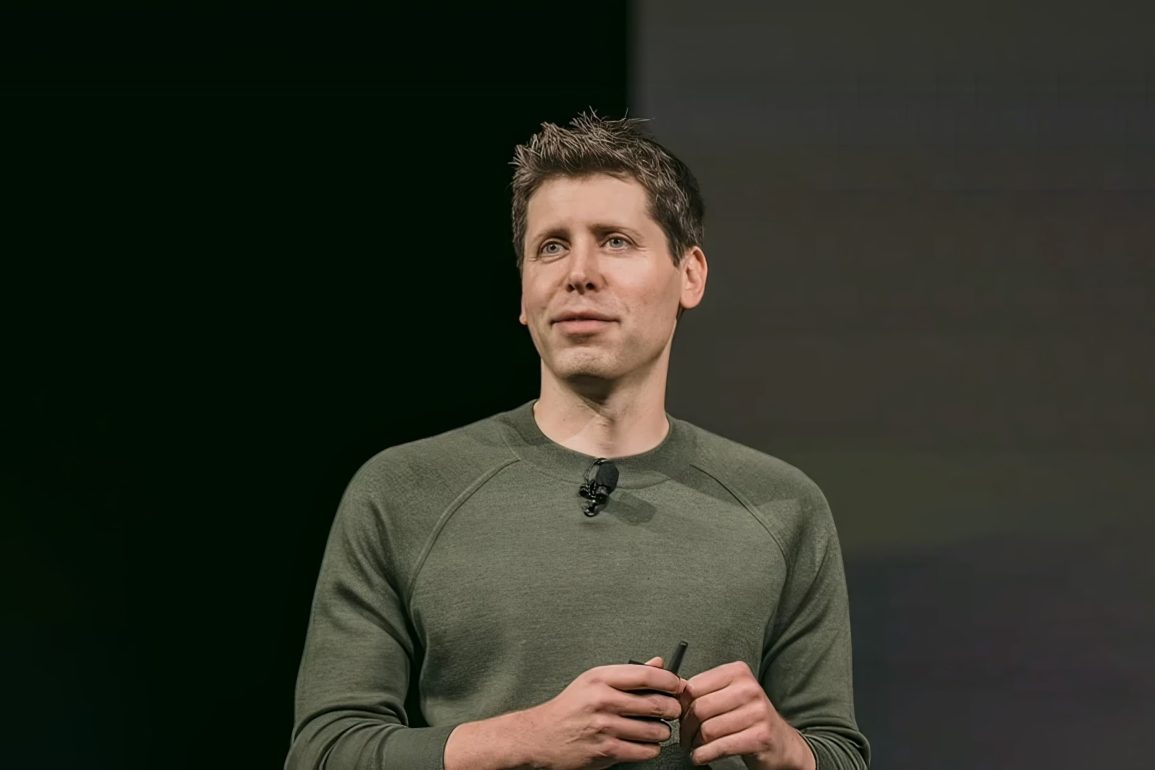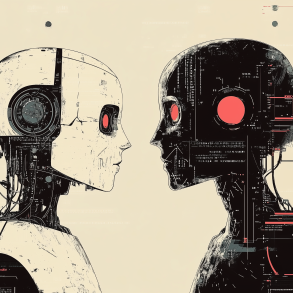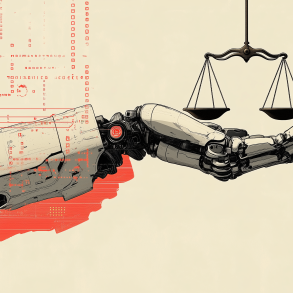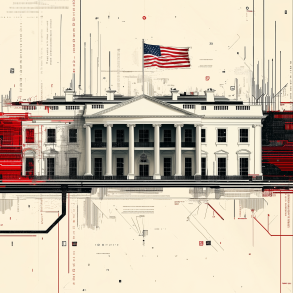Emerging AI Technologies Are Set To Automate Up To 95% Of Tasks Currently Handled By Marketing Agencies And Specialists
Generative artificial intelligence is poised to automate up to 95% of tasks currently performed by marketing agencies, specialists, and creatives, according to Sam Altman, CEO of OpenAI. This transformation could herald the era of the “marketing generalist,” professionals leveraging AI to efficiently execute campaigns across various marketing disciplines.
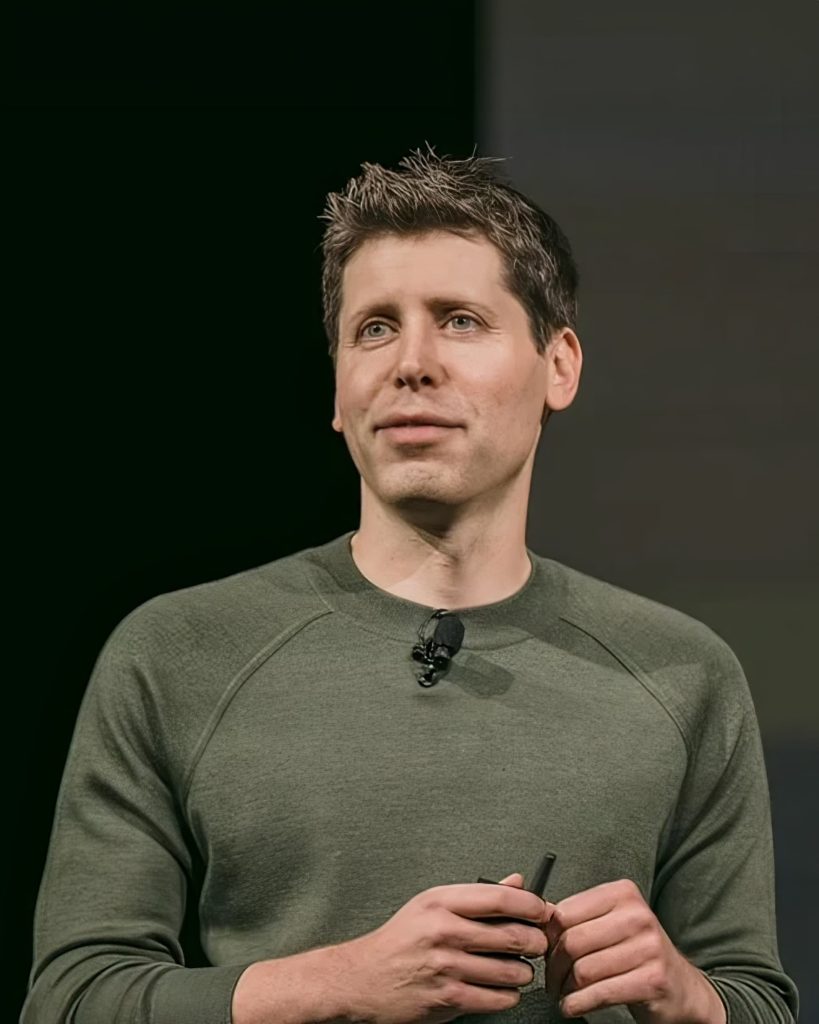
During an interview earlier this year, Altman discussed the transformative impact AI is expected to have on marketing: “Ninety-five percent of what marketers use agencies, strategists, and creative professionals for today will easily, nearly instantly and at almost no cost be handled by AI,” he explained. “AI will likely also test the creative against real or synthetic customer focus groups to predict results and optimize them — again, all free, instant, and nearly perfect. Whether it’s images, videos, or campaign ideas, AI will manage.”
Altman anticipates these changes could take place within five years, though he admits the timeline might be slightly longer.
While Altman’s predictions for a five-year timeline may be optimistic, his forecast for AI’s role in marketing suggests a significant restructuring of marketing departments and a transformation in the work lives of marketers, potentially leading to the predominance of the marketing generalist.
Currently, marketing departments are often siloed into specific functions such as digital marketing, product marketing, and brand management, supported by shared services like graphic design and data analytics. This structure leads to inefficient campaign workflows, with extensive delays common as stakeholders from various departments weigh in.
The advent of AI promises to streamline these processes, potentially eradicating the need for such compartmentalization and fostering an environment where every marketer is essentially a generalist. This shift could render many existing marketing roles obsolete or transform them significantly within the next decade.
The marketing generalist of the future would be capable of handling tasks that today are spread across multiple specialists. These generalists would likely originate from roles like product marketing, where a comprehensive understanding of the product, customer, and market dynamics is essential. As companies scale, the need for specialized roles such as graphic designers or web developers might diminish, as generative AI allows generalists to execute these tasks swiftly, applying their broad understanding directly through sophisticated AI tools.
In this new landscape, marketing organizations could see a dramatic shift in structure. The traditional centralized model may give way to a hybrid approach where marketing generalists are embedded directly within business units and geographic regions, enabling a more direct alignment with specific market needs and business objectives.
This AI-driven shift is not without its challenges. The transformation could disrupt existing job roles and require marketers to adapt to a rapidly evolving technological landscape. Furthermore, as AI begins to handle more tasks traditionally performed by humans, the creative and strategic aspects of marketing will need to be redefined.
AI’s integration into marketing could also decentralize the traditional marketing department, placing marketing generalists in closer proximity to the areas of the business they serve, potentially eliminating the need for a Chief Marketing Officer (CMO) and reshaping the marketing department entirely.
As generative AI continues to advance, the role of the marketer is set to undergo profound changes. Marketers will need to navigate these transitions carefully, leveraging AI to enhance their capabilities while adapting to a new, more generalized role that spans across multiple facets of marketing.



